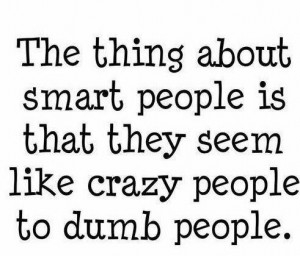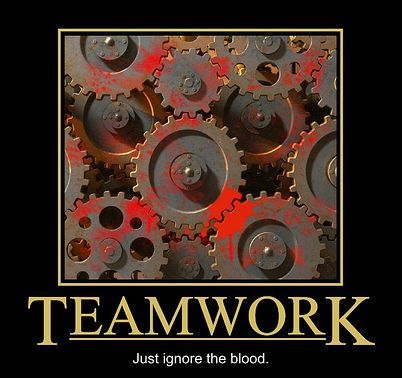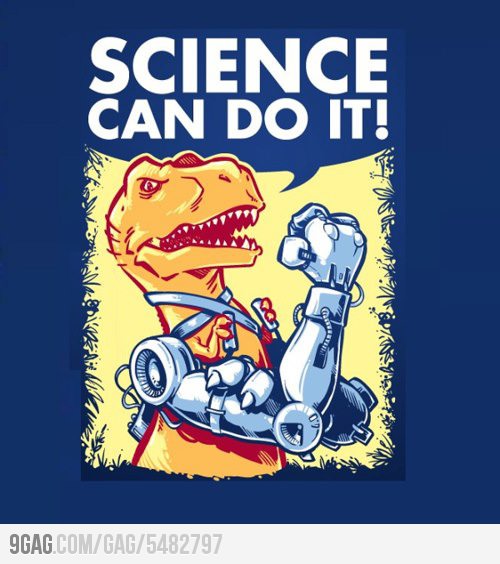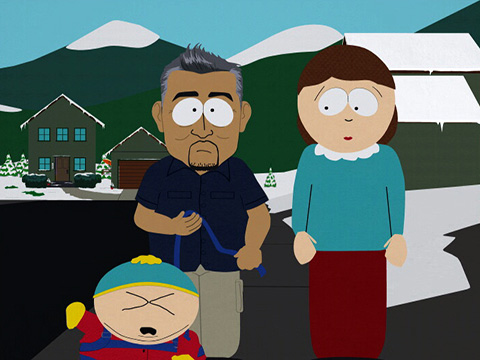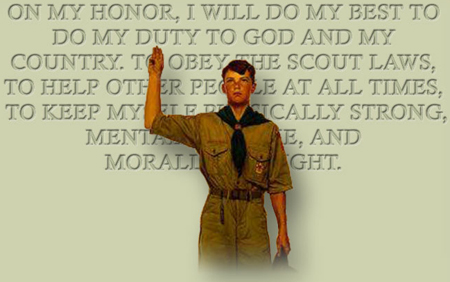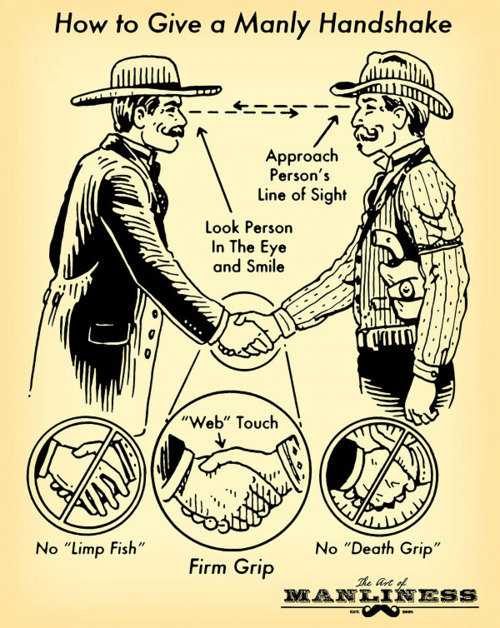Five Simple Things That Will Make Your Life Better
bsp; 1) Want to be happy? It's more about perspective than anything else. Write down three good things that happen to you every day. Via Flourish: A Visionary New Understanding of Happiness and Well-being: Every night for the next week, set aside ten minutes before you go to sleep. Write down three things that went well today and why they went well. You may use a journal or your computer to write about the events, but it is important that you…
3 minutes
Here’s The Secret To Communicating With Irrational, Angry Or Crazy People
all have to deal with our share of hotheads and crazies. What does research say works with them? First off, you can't get angry too. Because then there are two crazy people arguing. While very entertaining to onlookers, this doesn't accomplish much. Tell yourself they are having a bad day and that it’s not about you: Telling yourself that an angry person is just having a bad day and that it’s not about you can help take the sting…
4 minutes
10 Videos Guaranteed To Inspire You
bsp; 1) How to be happier Harvard professor Shawn Achor is the author of the wonderful book The Happiness Advantage. 2) Is it better to come in first... or third? Malcolm Gladwell is the author of the bestsellers Blink, Outliers and The Tipping Point. 3) Why do we lie? And why do we lie to ourselves? Great interview with Dan Ariely, author of Predictably Irrational and The Honest Truth About Dishonesty: How We Lie to Everyone---Especially Ourselves. 4) What’s it take to free…
2 minutes
6 Secrets Of Top Performing Work Teams
n't just throw the best people together. How members get along is far more important than their capacities as individuals. What makes for smart teams? It’s not average IQ. It’s social skills. From MIT: A new study published in Science found that three factors were significantly correlated with a group’s collective intelligence — in other words, its ability to perform a variety of tasks collectively, from solving puzzles to negotiating. The three factors are: the average social sensitivity of the members of the group, the extent to which…
5 minutes
5 Secrets To Clicking With People
w can you make a good first impression? First impressions matter even more than you think. They’re the most important part of any job interview. And once they’re set, they are very hard to resist. Most advice on the subject is defensive, just telling you how to not offend. How can you strategically make a good impression? From the outset, frame the conversation with a few well-rehearsed sentences regarding how you want to be perceived. This will end up being the structure the other…
4 minutes
Get People To Treat You Better By Using These Dog Training Techniques
ren Pryor's book Don't Shoot the Dog!: The New Art of Teaching and Training explains the fundamentals of behavior change. And these methods are effective whether the subject is a dog, a dolphin or your neighbor, Larry. The main lesson for getting people to do what you want is that positive reinforcement -- rewarding behavior you like -- is king. Whether it's with a smile, a cookie or a bribe, rewards work. But what about getting rid of behaviors you don't like?…
3 minutes
Can one personality trait determine your future?
search is pointing to conscientiousness as the one-trait-to-rule-them-all in terms of future success, both career-wise and personal. Via How Children Succeed: Grit, Curiosity, and the Hidden Power of Character: "It would actually be nice if there were some negative things that went along with conscientiousness," Roberts told me. "But at this point it's emerging as one of the primary dimensions of successful functioning across the lifespan. It really goes cradle to grave in terms of how people do." What is it? Basically,…
3 minutes
What’s a simple thing that can improve a first impression?
bsp; A handshake really does make a difference. Via Science Daily: The study was led by Beckman Institute researcher Florin Dolcos and Department of Psychology postdoctoral research associate Sanda Dolcos. They found, as they wrote, that "a handshake preceding social interaction enhanced the positive impact of approach and diminished the negative impact of avoidance behavior on the evaluation of social interaction." And: "We found that it not only increases the positive effect toward a favorable interaction, but it also diminishes…
1 min read

